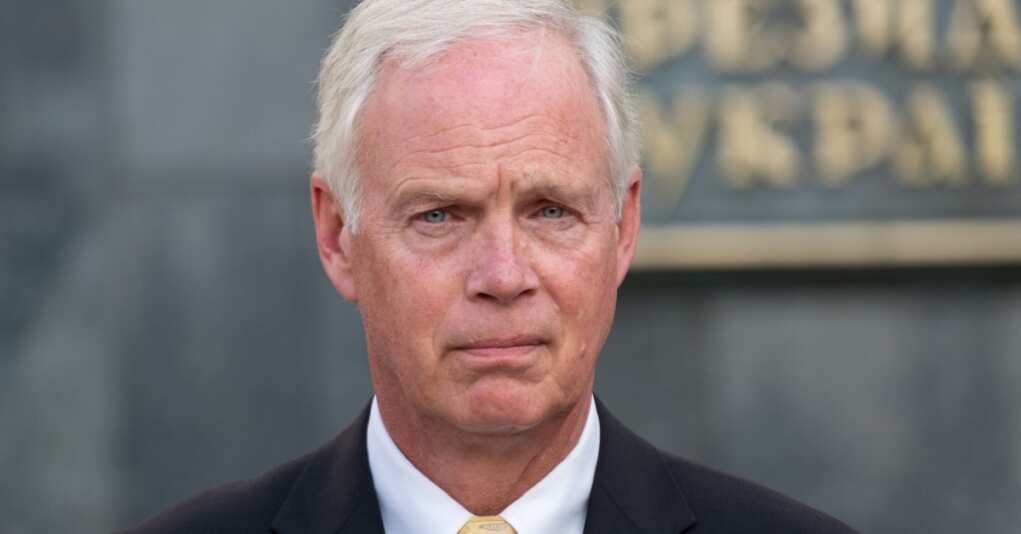Trump’s Pick for Mexico: A Spy, a Patriot, and a Message to the Border

Well, here’s something to get the diplomatic world buzzing: President-elect Donald Trump has nominated Ron Johnson to be the next U.S. ambassador to Mexico. And no, we’re not talking about the Wisconsin senator. This Ron Johnson is a former U.S. ambassador to El Salvador, a decorated Army veteran, and a CIA officer with over two decades of experience. In other words, Trump isn’t sending a career glad-hander to sip cocktails in Mexico City—he’s sending someone who knows how to get things done.
Let’s not beat around the bush. This nomination is more than just filling a vacancy. It’s a message, loud and clear, about Trump’s priorities when it comes to our southern neighbor. After all, Mexico isn’t just any country. It’s our largest trading partner, the epicenter of the migration crisis, and, let’s be honest, a source of no small amount of drama in American politics. By picking Johnson, Trump is signaling that he’s taking this ambassadorship seriously, and he’s expecting results.
What makes Johnson so intriguing is his résumé. This isn’t someone who spent their career at Georgetown cocktail parties or schmoozing with think tank elites. This is a guy who’s been in the trenches—literally. His military and intelligence background gives him a perspective most diplomats lack, one rooted in pragmatism and a clear-eyed view of the world. That’s exactly what’s needed when dealing with Mexico, a country grappling with its own internal crises while its policies often spill over into ours.
Of course, the usual suspects are already clutching their pearls. Critics will say Johnson’s intelligence background makes him a controversial pick, that sending a “spy” to Mexico could be seen as provocative. But let’s get real. What’s provocative is the unchecked flow of drugs, cartels, and human trafficking across our border. What’s provocative is a Mexican government that alternates between cooperation and defiance, depending on which way the political winds blow. If Johnson’s appointment makes Mexico’s leadership a little uncomfortable, that’s probably a good thing.
What’s really interesting is how this fits into Trump’s broader strategy. His administration has always prioritized action over optics, and this is no exception. Johnson isn’t there to play nice or keep the status quo. He’s there to push for tougher measures on border security, crack down on drug trafficking, and ensure that Mexico holds up its end of the deal when it comes to migration.
And let’s not forget the timing. Trump’s victory has already shaken up U.S.-Mexico relations, with his promise to double down on border enforcement and renegotiate trade agreements. Johnson’s nomination is a signal that these aren’t just campaign promises—they’re the blueprint for the next four years. If Mexico thought it could wait out Trump’s presidency, it’s time to rethink that strategy.
What makes this all the more fascinating is the broader context. The U.S.-Mexico relationship has always been a mix of cooperation and conflict, a delicate dance that often leaves both sides frustrated. But Trump doesn’t do delicate, and neither does Johnson. This is about laying down the law and making sure American interests come first, whether it’s stopping fentanyl from pouring across the border or ensuring that trade agreements actually benefit American workers.
Of course, the media will frame this as another example of Trump’s “hardline” approach to diplomacy, as if expecting a neighboring country to control its own borders and uphold international agreements is somehow unreasonable. But for the millions of Americans who’ve watched the border crisis spiral out of control, this isn’t hardline—it’s common sense.
Ron Johnson isn’t just a name on a nomination form. He’s a statement. A statement that the days of business as usual are over, that the United States is done playing defense when it comes to its southern border. And whether the critics like it or not, that’s exactly the kind of leadership we need. So buckle up, Mexico, because Ambassador Johnson is coming—and he means business.
